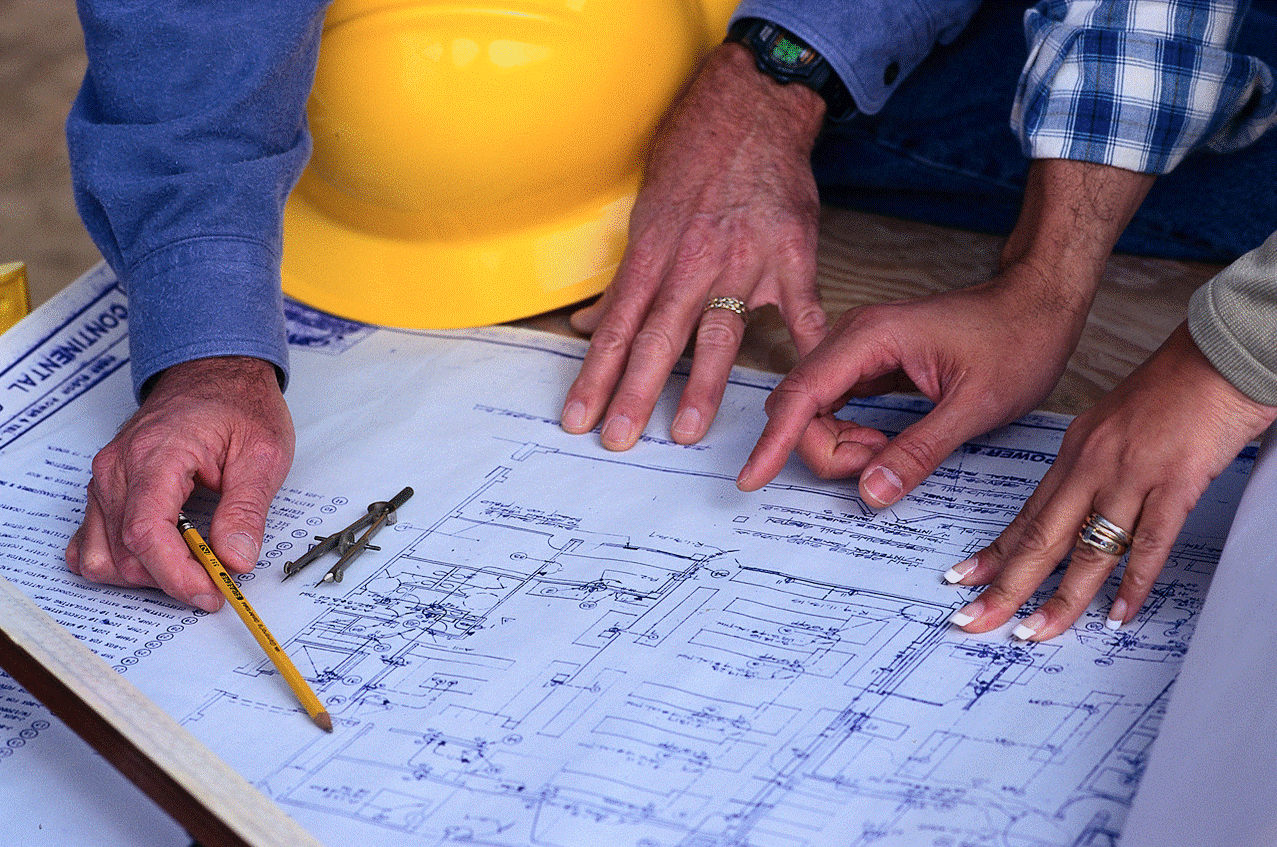Operational Planning and The Quality Of Construction

 Nowadays, many countries of the world are rapidly developing the so-called lean construction. The inventors of this trend of quality management set a task to theoretically justify the applicability of the principles of lean construction in the construction industry and offer a practical management tools that would allow construction companies to improve their performance in many areas of activity systematically.
Nowadays, many countries of the world are rapidly developing the so-called lean construction. The inventors of this trend of quality management set a task to theoretically justify the applicability of the principles of lean construction in the construction industry and offer a practical management tools that would allow construction companies to improve their performance in many areas of activity systematically.
Today, there are a lot of useful software tools offered by lean construction that are created to increase the effectiveness of construction works planning within the framework of a unified system of continuous planning of construction project. In case of its practical application the system allows to ensure a significant increase in the quality of construction works (decreasing the number of defects of construction products, reducing construction time and costs). In terms of the effectiveness and efficiency of the production processes, the construction is considered to be significantly more complex activity than traditional production in stationary plant conditions. This is due to the fact that during the construction the one organization creates a unique final product. The uniqueness of the final product is caused by the fact that as a rule every new construction site has its own unique characteristics. Even in those cases when it comes to the construction of model buildings and structures, a number of essential factors of production remains unique. For example, two buildings of the same design and characteristics can be built in areas with different hydrological conditions or in different climatic conditions. Even these facts are enough to consider each construction object unique. The uniqueness of the construction project and the uniqueness of different materials, machinery and equipment during the building process determines its originality. Finally, the organizational environment of each construction project is unique, too. Customers, designers, controlling bodies, materials and equipment suppliers, subcontractors – all these participants and other involved parties create an expanded organization, implementing the project. The participants of the construction process vary considerably from project to project.
Because of the uniqueness of each construction project the problem of providing high efficiency and effectiveness of business processes in the construction industry has a fundamentally different level of complexity if to compare with traditional industries, which produce a more or less large quantities of similar products in the shop floor. That is why the construction industry, like no other, requires the implementation of the latest software achievements and technologies designed to connect different management levels to ensure the efficiency of decision-making process and accelerate the process of finding the right solution to the problems that arise on the construction sites everyday. The advanced software solutions for construction industry allows to ensure timely delivery of the project documentation. All the necessary project documentation must be delivered to the building site on time in full volume and without errors. Required permits and approvals must be obtained in time. The construction business tools allow to review the operational plans of the construction and installation work continuously, depending on the situation in the course of construction works.
Josef Chech for www.hikuucloud.com and its features: Construction Collaboration Software
